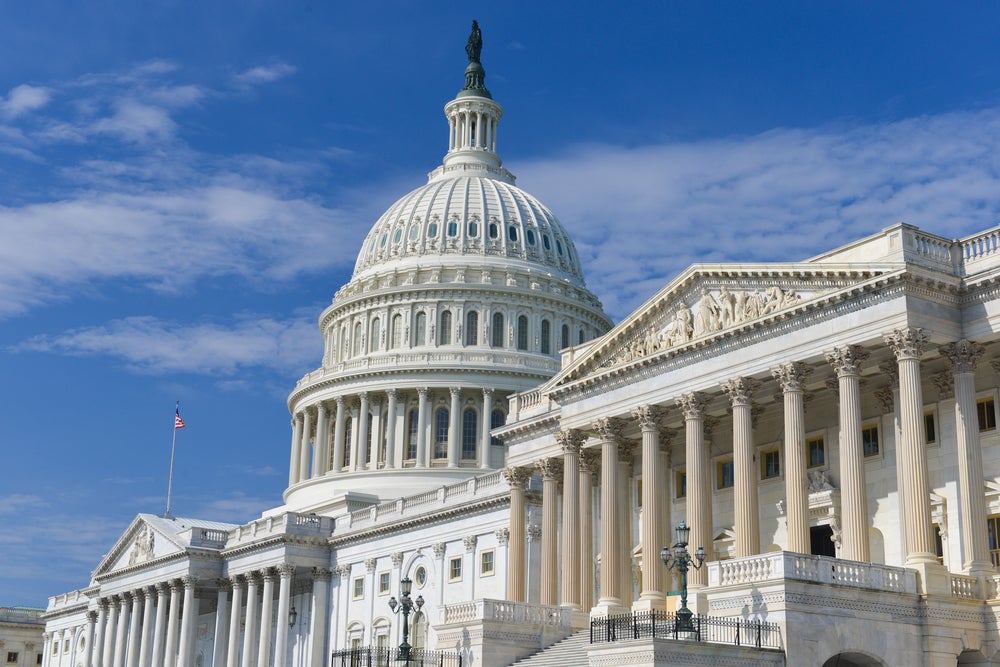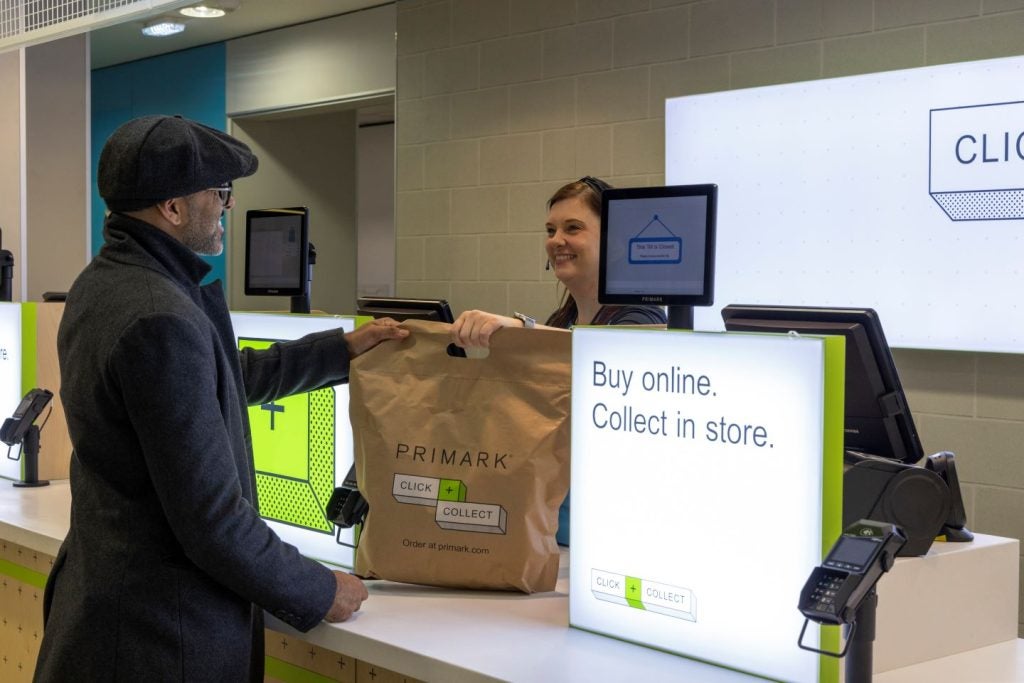
UK businesses that fail to disclose how they guard against modern slavery in their supply chains risk being publicly named by the country’s Home Office.
The government department is writing directly to chief executives of 17,000 businesses telling them to open up about modern slavery in their supply chains, or risk being named as in breach of the law.
Under Section 54 of the Modern Slavery Act, businesses with a turnover of GBP36m (US$46.9m) or more must publish an annual statement, known as a Modern Slavery Statement, explaining what, if anything, they are doing to address slavery and trafficking within their business and supply chains
At the moment, it is estimated that 60% of companies in scope have published a statement. While there are many examples of good practice, some of these statements are poor in quality or fail to even meet the basic legal requirements, the Home Office says.
“It is horrible to think some of the goods and services we buy could have been produced by someone forced into modern slavery. This is abhorrent and as global leaders in the fight against modern slavery, we will not tolerate it,” says Minister for Crime, Safeguarding and Vulnerability Victoria Atkins.
See Also:
“Some businesses are already leading the way in taking action by being open and transparent about what they are doing to identify, tackle and prevent forced labour in their supply chains, but too many are still failing to meet their basic legal obligations.
How well do you really know your competitors?
Access the most comprehensive Company Profiles on the market, powered by GlobalData. Save hours of research. Gain competitive edge.

Thank you!
Your download email will arrive shortly
Not ready to buy yet? Download a free sample
We are confident about the unique quality of our Company Profiles. However, we want you to make the most beneficial decision for your business, so we offer a free sample that you can download by submitting the below form
By GlobalData“That’s why the Home Office is sending letters to businesses today with a clear message that continued non-compliance will not be tolerated.”
Earlier this year, Frank Field MP, Maria Miller MP and Baroness Butler-Sloss were asked to independently review the UK’s Modern Slavery Act, brought in by Prime Minister Theresa May as Home Secretary.
“To ensure we continue to tackle this evolving crime they will consider whether laws should be further strengthened to ensure companies take action to address forced labour from supply chains at home and abroad,” the Home Office said.
The review will consider a full range of options to drive compliance including tougher sanctions.
The Home Office intends to publish a list of non-compliant companies failing to publish a Modern Slavery Statement at the end of the financial year.
In addition, the Home Office has published its Modern Slavery Annual Report 2018 in which home secretary Sajid Javid says estimates put the cost of such bondage to the UK at as much as GBP4.3bn in 2016/17.
The report provides an overview of modern slavery in the UK and explains how it has responded to the threat over the last 12 months. It says total direct Government spend on modern slavery has increased year-on-year, estimated at around GBP39m in 2017/18 and GBP61m in 2018/19. The growth in spending is largely driven by an increase in the UK’s international activity, using Official Development Assistance (ODA) funding.
According to the report, the most robust estimate to date of the scale of modern slavery in the UK was produced by the Home Office in 2014. The estimate suggested that there were between 10,000 and 13,000 potential victims of modern slavery in the UK in 2013. The National Crime Agency (NCA) assesses that the actual scale of modern slavery in the UK is gradually increasing and, if drivers remain at their current levels, will continue to do so over the next three years.







